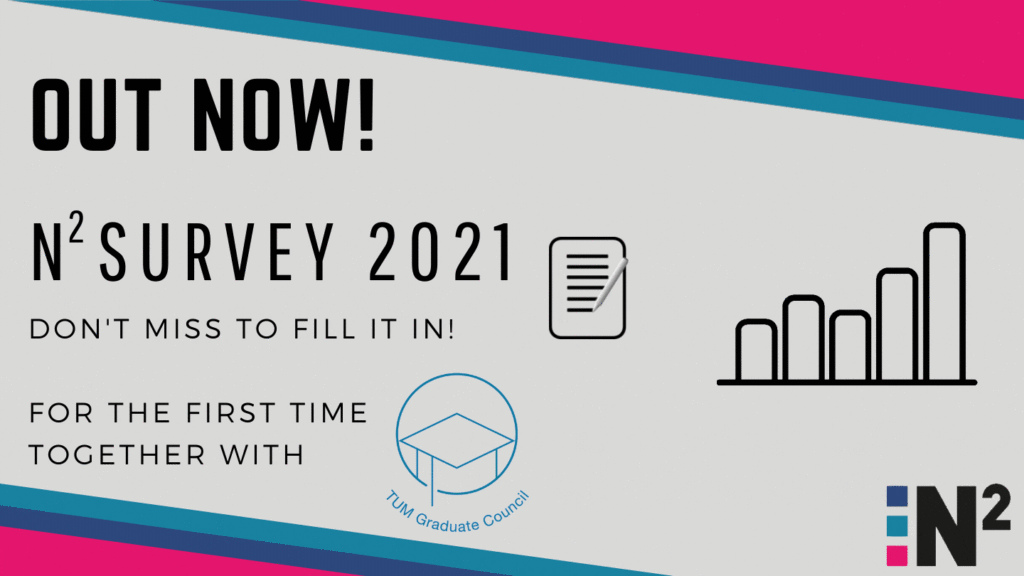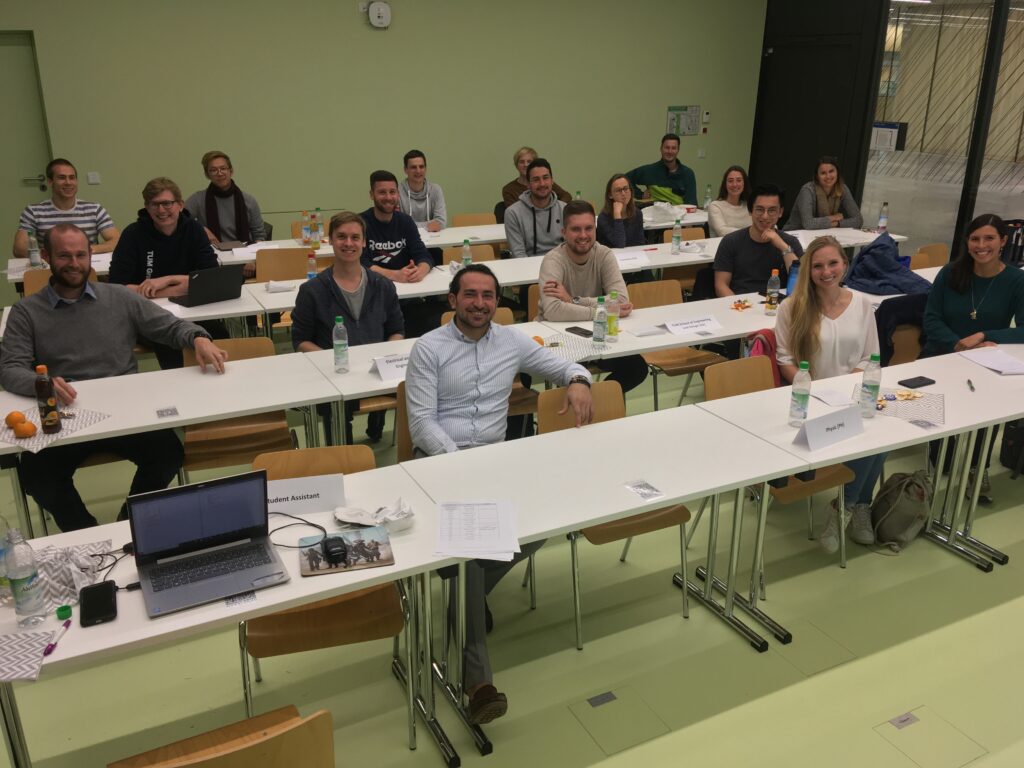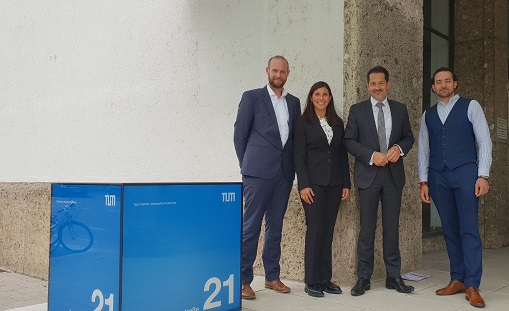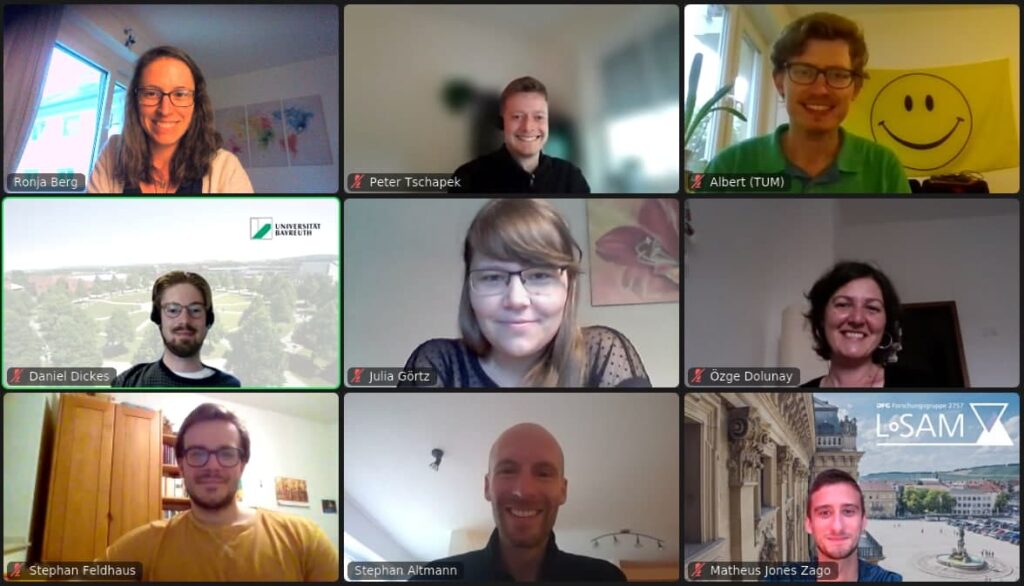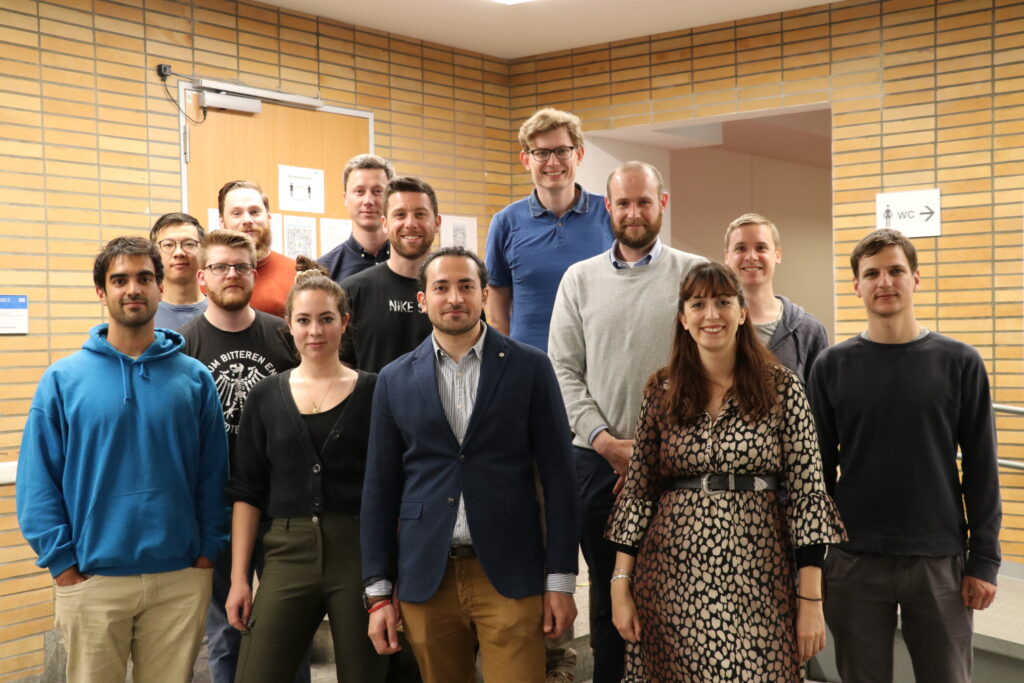
On Wednesday, May 04th, the Graduate Council (GC) had the first in-person meeting since October 2021. The meeting was held at the TUM Downtown Campus and the GC welcomed the newly elected representative of the International Helmholtz Graduate School for Plasma Physics (HEPP) as well as a new member from the School of Engineering and Design. Within the meeting, the GC discussed the current state of the school transition, the planned activities of the Graduate Council in 2022 and the current projects of its working groups
Most importantly, the GC discussed the new draft of the higher education act, which was published shortly before the meeting. The next meeting will be held on June 1st at TUM Campus Garching. All interested persons are invited to join. Please contact the speakers via email if you want to join.

